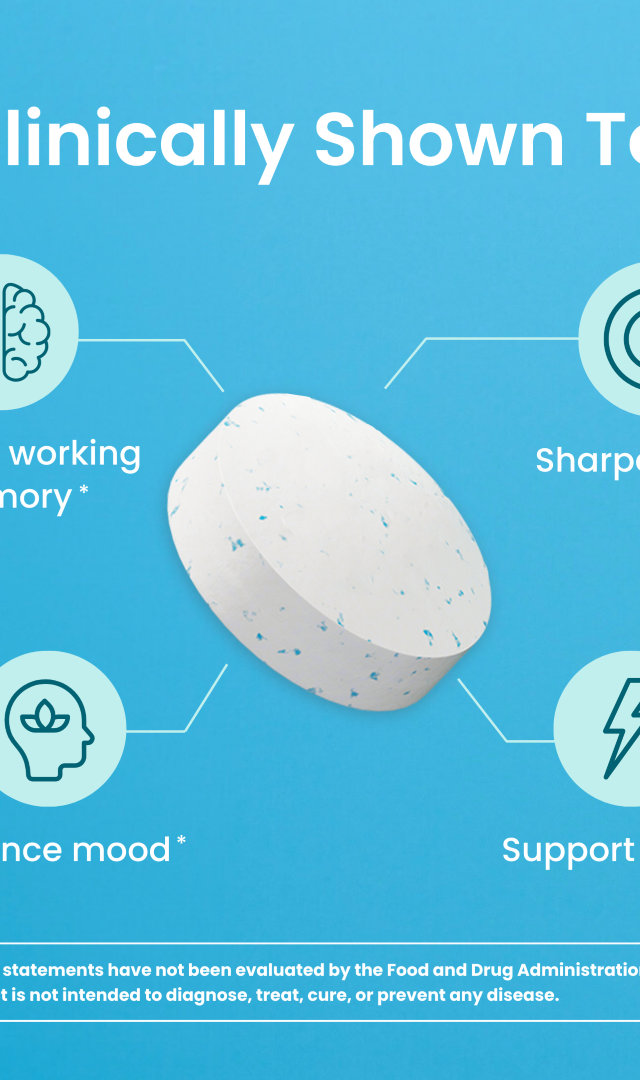How to Learn Difficult Subjects Faster When It’s Hard to Focus on Them
Coming across a difficult subject that you have never even heard of can be profoundly confusing. It gets even worse when you’re expected to learn it in a short period of time.
However, you needn’t spend hours and hours memorizing the subject. There are much better and more efficient ways to understand and learn complex subjects.
Instead of approaching learning in such a stiff manner, find a more flexible and efficient approach. Here are a number of techniques that you can use for learning a difficult subject faster.
Stop Limiting Your Intellectual Capability
We tend to give up way too quickly when we have to learn something exceedingly difficult. We usually tell a story to keep our guilt at bay. It sounds like “I’m not cut out for this” or “I’m just one of those people” and so on.
If you’re not obligated to learn what’s at hand, you may just move on. However, when you have no choice but to understand and learn what’s in front of you, stop limiting yourself with your internal dialogue.
You can always grasp a complex concept to some degree, if you work at it enough. This is especially true in the digital age. You’re bound to come across some information online that’s great for a start. For example, med school students turn to Wikipedia pages because they are easier to locate and understand, even though this is generally not endorsed by the professors.
Break Learning Down to Short Intervals
Your brain won’t take it well if you try to cram too much new information into it at once. Try the interval method instead. Set your phone’s timer for about 20 to 30 minutes and focus solely on understanding one part of the subject. Then stop and do something else for a short period of time.
If you put 4 to 5 intervals like this into your day, you’ll make more progress than burning the midnight oil.
Breaking your learning down to intervals will also help you reflect on and memorize the subjects better. The idle time is perfect for putting together the pieces of a subject. Your mind continues to work in the background, trying to understand the information it was exposed to.
Expect Consistent Change Instead of Overnight Brilliance
We’re living in the “now” generation, where everything we want has to be instant. We underestimate how much time it takes to achieve the desired or required level of knowledge. Researching and trying to wrap your brain around hard subjects only becomes frustrating this way. It’s no wonder you can’t focus on it.
One thing you can do to eliminate this frustration is to constantly measure your level of knowledge. However, you’ll have to create a scale that allows you to make an accurate measurement. The simplest one is the amount of information you need to know to accomplish something.
Having some humility and lowering expectations will put you more at ease and give you the patience necessary for learning.
Ask Questions
The simplest way to deepen your understanding is asking questions. Start writing a list of questions that you have about the subject, then try to answer them one by one. You can have a mentor or a classmate help you out with the questions.
When you’re done, use your most relevant answer as the starting point for your next 10 questions. Look at the subject from a new angle and repeat this process. Doing this several times will help you gain a much more robust knowledge. It may let you discover insights and applications that others don’t even know about.
Use the Diffuse Mode
When you’re working on a problem you’ve never seen before, diffuse mode learning is your friend. In diffuse mode, your brain functions differently than it does when you’re intently focused on a problem. The brain functions with more flexibility, allowing you to jump from concept to concept. For example, you’re using diffuse mode when you’re thinking about your subject during a walk.
Researchers from Northwestern University conducted a study and found that participants showed higher levels of creativity while in diffuse mode.
When you’re not focused solely on memorizing and understanding, your brain can work with the information it already has. That is why reading a bit about a concept before bedtime can prompt you to wake up with a whole new understanding.
Moving back and forth between deliberate and diffused learning is how we can really learn effectively.
Use Analogies and Comparisons
Find connections and formulate analogies between what you’re trying to understand and what’s in your understanding. For example, it can be an analogy between physics and how you throw a basketball. This way you’re giving the new information a way to connect with different areas of your brain.
Write that connection down on a sheet of paper. It will help you solidify the connection and make it easier to recall. But make sure to write it by hand and not on your keyboard. Handwriting is proven to improve your letter perception along with how well you read and think.
Explain the Subject to Somebody
Trying to teach the subject to somebody or at least pretending to do so can speed up your learning. A study conducted at Washington University showed that teaching enhanced how your brain organizes knowledge. It also made it much easier to recall.
Taking the time to try and verbalize everything you’ve learned in a simplistic manner might seem hard at first. But remember Albert Einstein’s words: “If you can't explain it to a six-year-old, you don't understand it yourself.”
If you want to take this way of learning to the next level, check out the Feynman Technique. It’s a 4-step blueprint for learning that helps you learn extremely complex concepts much faster.
Take Study Naps
Finally, after going all out studying a subject, it’s time to give your brain some much-deserved downtime. This is extremely important for retaining what you have learned. In fact, it can even boost your ability to recall more than six months later as a study published in Psychological Science has shown.





















